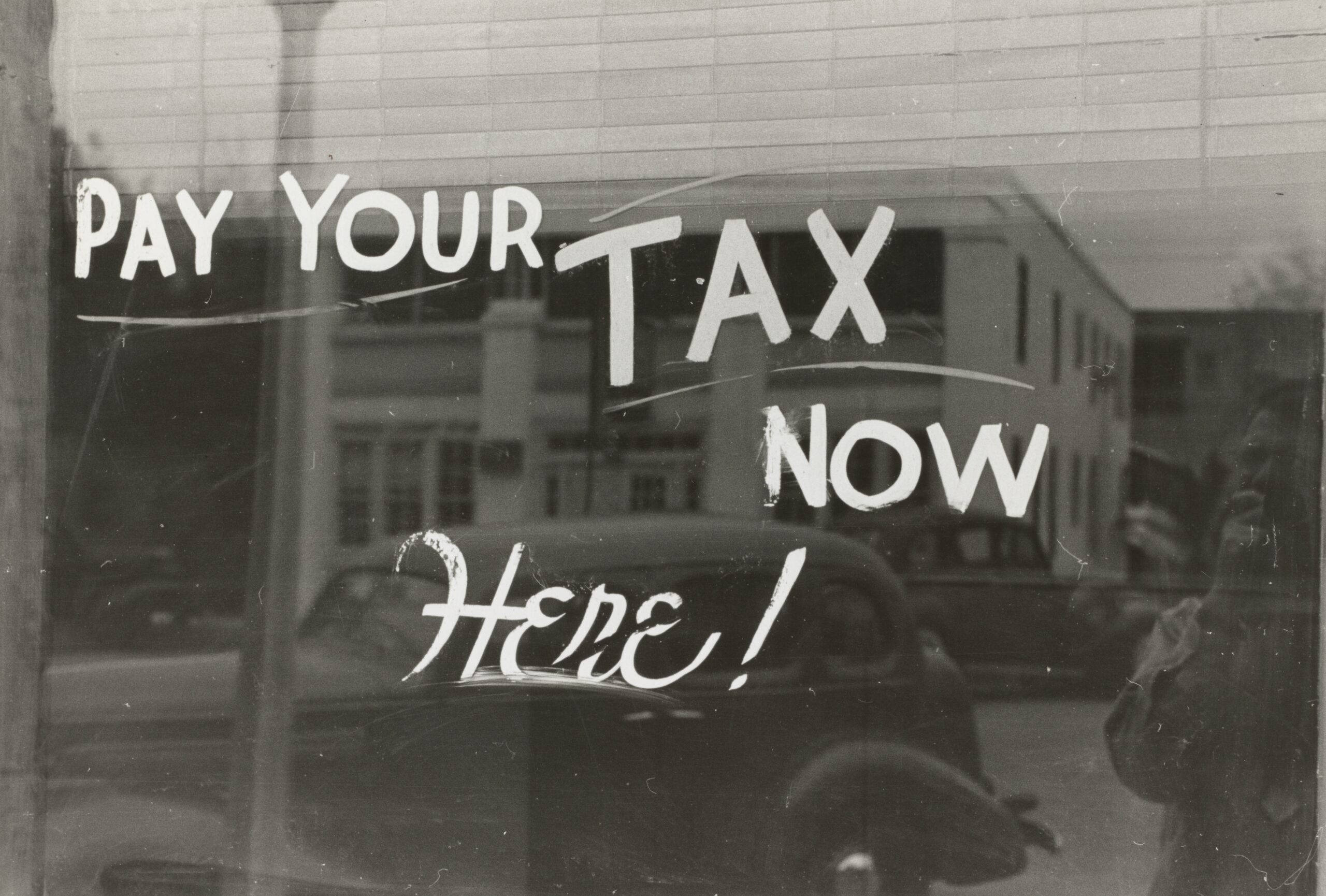The Biggest Tax Changes for Small Business Owners in the UK Since the Pandemic
Since the outbreak of the COVID-19 pandemic, small business owners in the UK have faced unprecedented challenges. From adapting to remote work to navigating economic uncertainties, entrepreneurs have had to be resilient and agile. Amidst all the changes, it’s important for small business owners to stay informed about the latest tax updates that could impact their operations.
In this article, we will discuss some of the biggest tax changes that small business owners in the UK need to know about since the pandemic began.
1. VAT Deferral
One of the key tax changes introduced by the UK government is the VAT deferral scheme. This scheme allowed businesses to defer VAT payments due between 20 March 2020 and 30 June 2020 until 31 March 2021. This provided immediate relief for businesses struggling with cash flow during the pandemic.
2. Self-Employment Income Support Scheme (SEISS)
The SEISS was introduced to support self-employed individuals who have been adversely affected by the pandemic. Under this scheme, eligible self-employed individuals can claim a taxable grant based on their average trading profits. The grant has been extended several times and has provided much-needed financial assistance to many small business owners.
3. Job Retention Scheme
The Job Retention Scheme, also known as the furlough scheme, has been a lifeline for many businesses during the pandemic. Under this scheme, employers can claim a grant to cover a portion of their employees’ wages if they are placed on temporary leave (furlough). This has helped businesses retain their staff and avoid layoffs.
4. Business Rates Relief
To alleviate the financial burden on small businesses, the UK government introduced business rates relief. Retail, hospitality, and leisure businesses have been granted a 100% business rates holiday for the 2020-2021 tax year. This has provided much-needed relief for businesses in these sectors that have been severely impacted by lockdown restrictions.
5. Temporary Changes to Loss Relief
Temporary changes have been made to the loss relief rules to support businesses during the pandemic. These changes allow businesses to carry back trading losses for up to three years, providing them with additional cash flow when they need it most.
It’s crucial for small business owners to stay informed about these tax changes and take advantage of any relief or support available to them. Consulting with a tax professional or accountant can help ensure that businesses are maximizing their benefits and complying with any new regulations.
As the UK continues to recover from the impact of the pandemic, it’s important for small business owners to stay updated on any further tax changes or relief measures that may be introduced. Adapting to these changes can help businesses navigate the post-pandemic landscape and thrive in the new normal.



